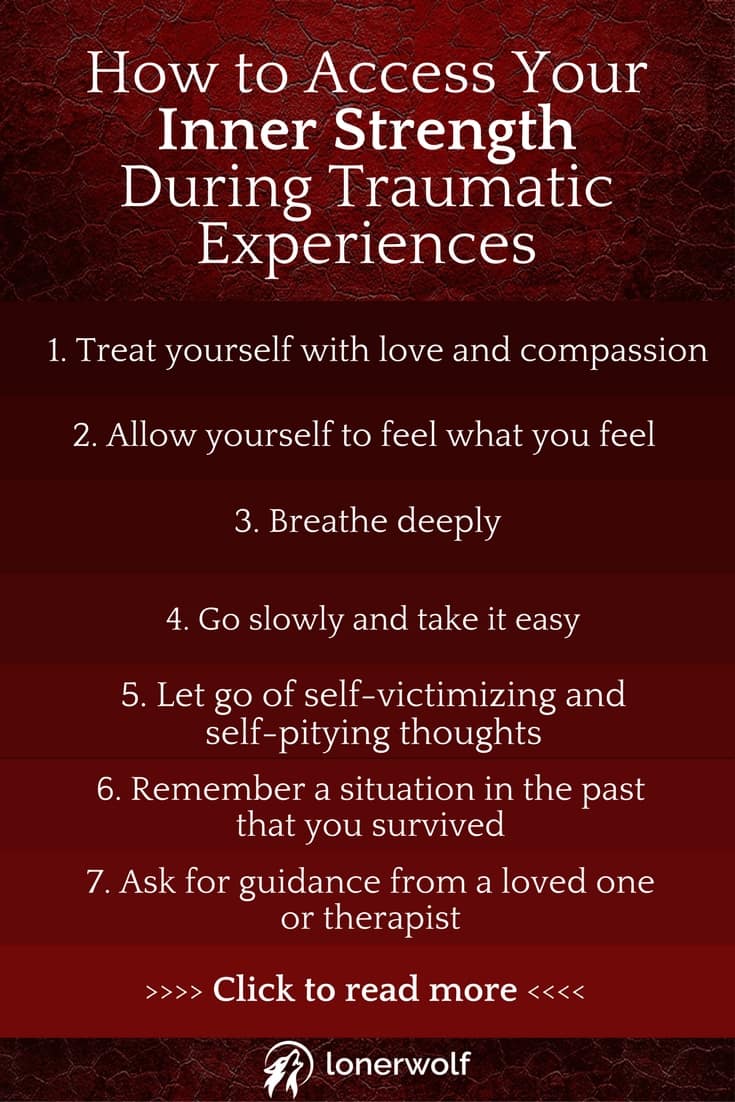
Whether you're looking to change careers, build a business, or just find a better way to spend your time, a career coach in Atlanta can help you achieve your goals. These experts can guide you through the process, help you avoid mistakes, and provide structure.
A coach can be costly, but it could be worth it if your goal is to change careers. The average coaching service investment will pay back many times over. It can also increase your income by up to 15%
Before hiring a career coach, take some time to research the various options available. You can get a good idea of what a career coach in Atlanta offers by reviewing the different types of services they provide. There are many services available, including career assessments, career testing, or career coaching. Each of these services will provide the information that you need to make sound decisions.

Career testing can be a great tool to help you choose the right career path for you. These assessments will help you identify your talents, interests, and personality type. With this information, you can decide what career path is right for you and develop a strategy to achieve your goals. A career test can help you select a college major. This is an important step if you want to go to college.
Finding a job is not an easy task. A career coach will help you navigate the job hunt and prepare you for interviews. A coach can help negotiate salary. A range of services are offered, including team building, outsourcing services, and preretirement planning.
A great option for those who are unhappy about their job is career counseling. Career counseling is an option for people who are unhappy with their jobs. It helps them to find their authentic self and live authentically. A career coach can also help you learn how to manage stress and develop more balanced relationships. You can achieve success by having the right attitude throughout the job search process.
Hire a coach who has a proven track record of success. A coach with a poor track record of success is not a good choice. Make sure you get references. Referrals are far more valuable than certification.

A social networking site is another great way to find career coaches. LinkedIn and other social networking sites can provide great resources for finding coaches. A great coach can help you create a network of people and be your advocate during the job hunt. You can find the right job and succeed with your network of contacts.
Costs for hiring a career counselor vary depending on what type of services are required. In general, hourly fees are between $75 and $150. Fees for career coaches can vary depending on the coach's success rate and where the practice is located.
FAQ
What is a relationship life coach?
A relationship coach assists you in building strong relationships.
They help to make sense of yourself, the world around you, and what other people think of you. They are always there to help you when you most need them.
A relationship life coach also understands the importance of self-care and encourages clients to take time out to do things that make them feel happy and fulfilled.
Relationship coaches have a good understanding of human behavior, emotional intelligence, and can quickly identify problems and provide solutions.
Relationship coaches are available at all stages of life.
Life coaches are very effective.
Life coaches help you understand your motivations and to set goals. You can also learn strategies to overcome obstacles.
They allow us to set realistic goals and track our progress towards them.
Life coaching helps people develop self-awareness, allowing them to know themselves better and make better decisions. It also helps people improve their relationships and deal effectively with difficult situations.
What are the responsibilities of a life coach?
A life coach helps individuals achieve their personal goals. He/she provides education on how to improve your health, nutrition, fitness or work/life balance, as well as advice about career development and relationships.
Clients should have a life coach to help them develop positive attitudes and goals for self-improvement.
A coach can offer encouragement and support, which is the most important thing. They may not know everything, but they are able to answer questions and help you find the right answers.
They are there to assist you in making decisions and taking action towards achieving your goals.
What will I get out of my life coaching sessions?
During the first session of your life coaching session, you will share your goals and your needs. Then we'll discuss your goals and identify the obstacles to reaching them. Once we've identified the problem areas, we'll design a plan of action to help you reach your goals.
We will follow up every month or two to see if things are going according to plan. Let us know if you have any concerns.
We are here for you every step of the way. You will always feel supported.
What is the difference between a coach and a therapist in life coaching?
A life coach can help you live a happier life. You will learn how to manage your emotions to improve your relationships. They are not there to make people feel better. It's their goal to help them do this themselves.
A therapist can help someone with emotional issues such anxiety, depression, and trauma. These problems can be addressed by therapists who are trained to help clients.
Although life coaches work with individuals, they don't have formal training in treating mental health conditions. Life coaches often have some experience working alongside people who struggle with anxiety, depression, and other mental disorders.
Statistics
- Needing to be 100% positive and committed for every client regardless of what is happening in your own personal life (careerexplorer.com)
- According to ICF, the average session cost is $244, but costs can rise as high as $1,000. (cnbc.com)
- Life coaches rank in the 95th percentile of careers for satisfaction scores. (careerexplorer.com)
- 80 percent of respondents said self-confidence improved, 73 percent said relationships improved, 72 percent had better communication skills, and 67 percent said they balanced work and life better. (leaders.com)
- These enhanced coping skills, in turn, predicted increased positive emotions over time (Fredrickson & Joiner 2002). (leaders.com)
External Links
How To
What does it mean to be a life coach?
Life coaches help people improve their lives with advice on personal growth, career guidance and relationship counseling. They also offer business coaching, financial planning and health & wellbeing.
Individuals who want to make positive life changes can get support from a life coach. A life coach can also help those who are struggling with anxiety, depression, addiction, grief and stress, loss, trauma, trauma, or any other issues.
Life coaches employ a variety techniques to help clients reach their goals. Motivational interviewing is a popular method that helps clients set goals, achieve their goals, use self-reflection, assertiveness and cognitive behavioral therapy.
Life coaching was developed as an alternative to traditional psychotherapy. While they may charge less than therapists for similar services, coaches are often cheaper than those who provide therapy. Life coaches often specialize in specific areas such as love relationships or parenting. While some coaches work exclusively with adults, others focus on children and teens. Other coaches may have other expertise, such as in education, sports performance, nutrition, or fitness.
There are many benefits to life coaching.
-
Assisting people in achieving their goals
-
Enhancing relationships
-
Solutions
-
Overcoming challenges
-
Improving mental well-being
-
Acquiring new skills
-
Confidence building
-
Increasing motivation
-
Building resilience
-
Finding meaning in life
-
Making healthy lifestyle choices
-
Reducing stress
-
How to manage emotions
-
Finding your strengths
-
Enhancing creativity
-
We must work through change
-
How to cope with adversity
-
How to solve conflicts
-
Peace of Mind
-
Improving finances
-
Boosting productivity
-
Fostering happiness
-
Maintaining balance in your daily life
-
Transitions to navigate
-
Community bonds strengthened
-
Being resilient
-
Healing from your losses
-
Finding fulfillment
-
Optimizing opportunities
-
Living well
-
Becoming a leader
-
Achieving success
-
Academic success or work success
-
Incoming into college/grad school
-
Moving forward after divorce